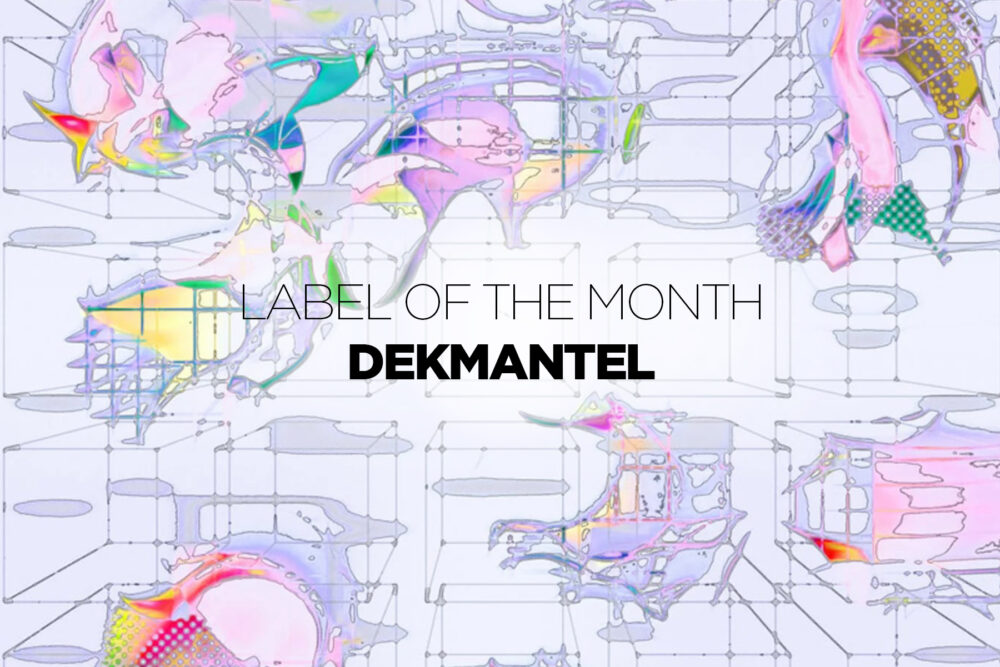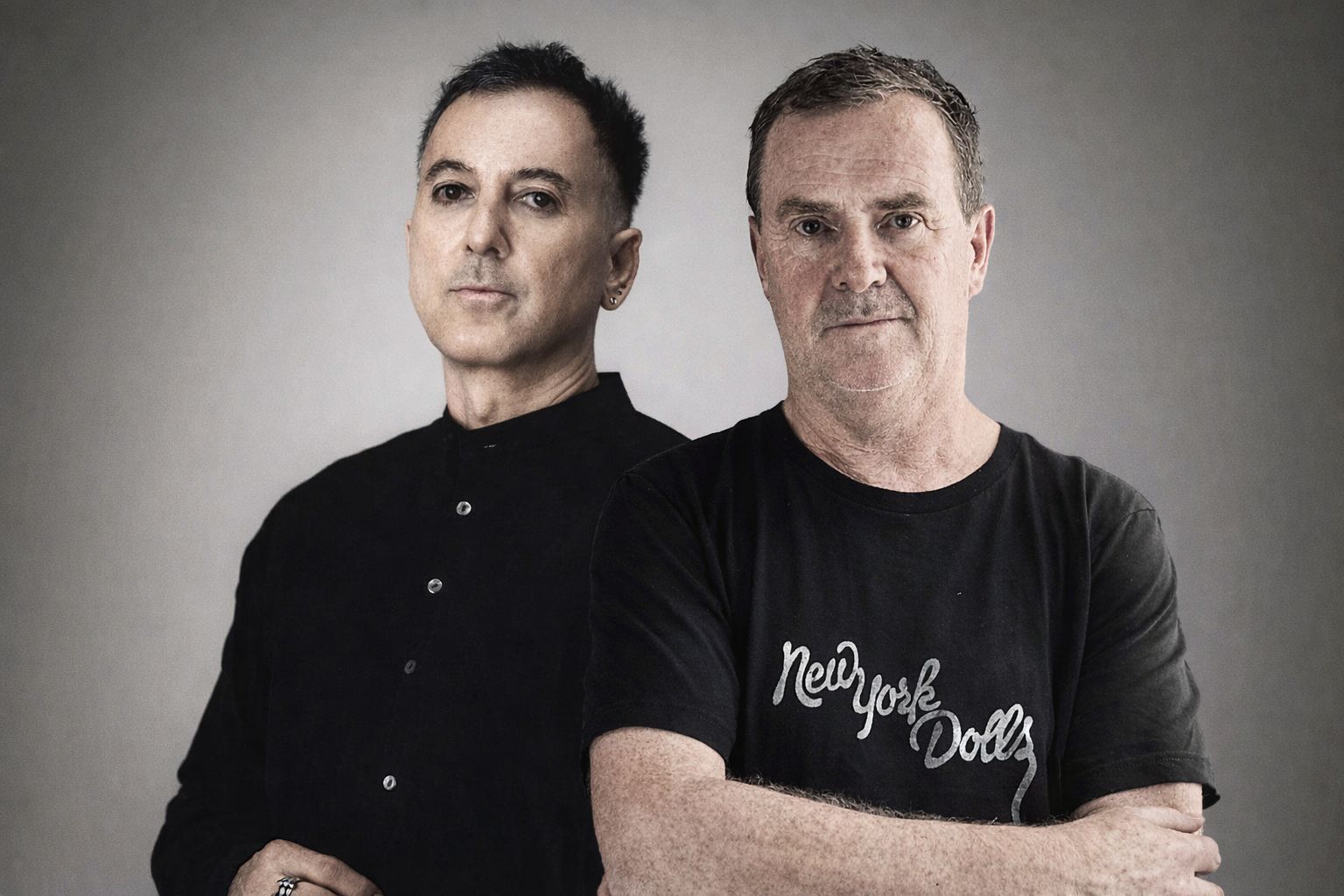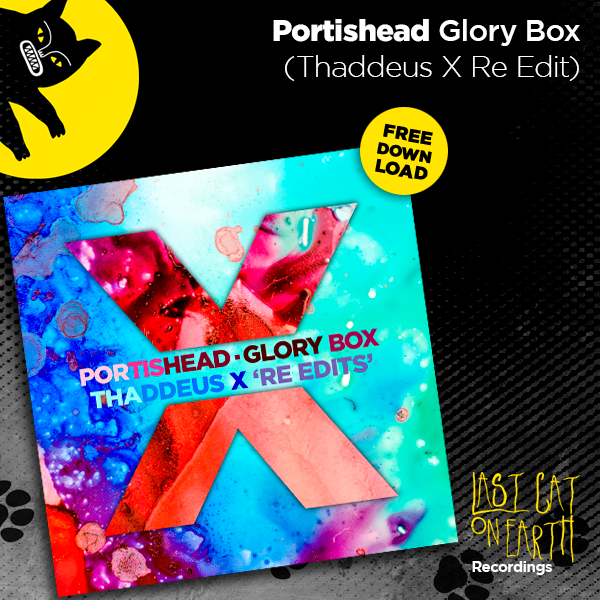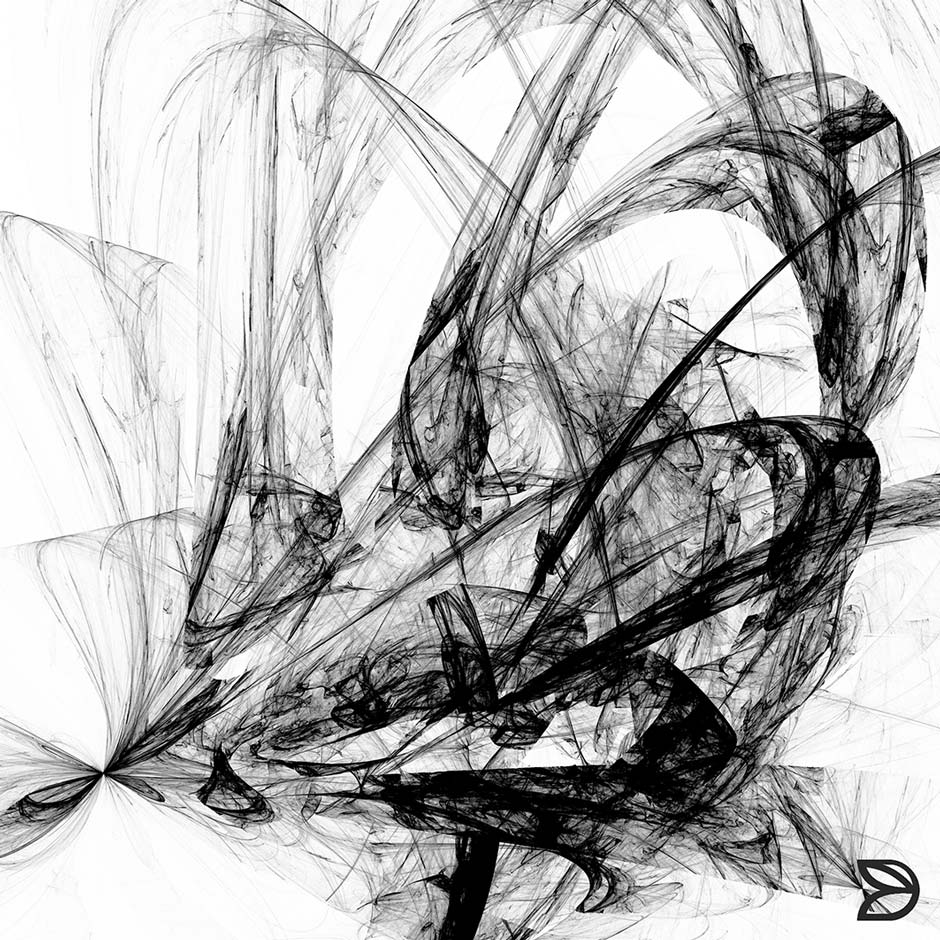Dekmantel Records holds a rare space in the contemporary electronic music landscape: an imprint that feels both canonical and forward-thinking, reverent of the past while fundamentally restless in its pursuit of new forms. Born out of Amsterdam’s tightly knit underground scene in 2009, the label is often overshadowed by the magnitude of its sister endeavor—the widely acclaimed Dekmantel Festival. Yet, within the grooves of its records, one can trace a lineage of exploration that extends well beyond the dancefloor.
The Dekmantel story began as many great electronic music ventures do: with friends and an idea. In the mid-2000s, Thomas Martojo and Casper Tielrooij began organizing intimate club nights in Amsterdam, informed by a deep respect for Detroit techno, Chicago house, and experimental electronics. Their programming choices—Robert Hood, Moodymann, and Theo Parrish among them—quickly cultivated a local audience hungry for something beyond the generic minimalism that dominated European dance floors at the time.
It was out of this energy that Dekmantel Records emerged. Rather than simply act as an extension of the event brand, the label became its own curatorial ecosystem, rooted in a belief that club music could be presented with the same care and consideration typically reserved for the album format. The debut release, a 12″ from Juju & Jordash, set the tone: live, tactile, and raw. That aesthetic—imperfect in the best sense—would become a guiding force for the label.
Over the next decade, Dekmantel Records would grow into a trusted home for an ever-expanding pool of international talent. While the sound has never adhered to one singular genre, the imprint’s catalog maintains a clear throughline: dance music as a site of exploration. It’s this spirit that has attracted artists like upsammy, Palms Trax, Parrish Smith, Donato Dozzy, Bufiman, Robert Hood, and Lena Willikens, each offering a unique perspective that still somehow feels unmistakably “Dekmantel”.
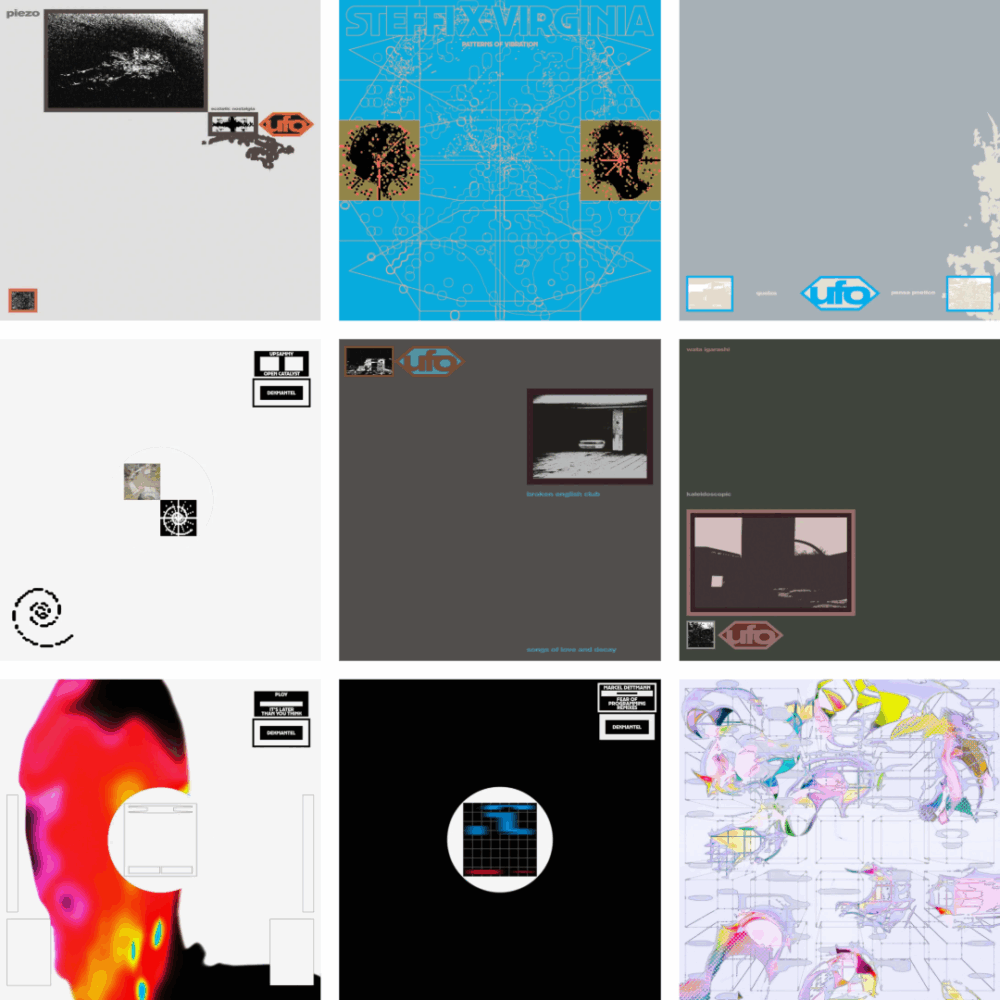
Part of what makes the label so compelling is its non-hierarchical relationship to the artists it releases. There is no superstar complex here, no leaning into algorithmic fame. Emerging producers are given the same platform and care as industry veterans, and long-term relationships are actively nurtured. This has allowed the label to develop not just one sound, but a constellation of voices that reflect the diversity and dynamism of global club culture. It is perhaps one of the only labels where a warm, hardware-led house record can sit comfortably next to an angular techno deconstruction or a minimalist ambient LP—and still feel coherent.
The visual identity has evolved in parallel. From its early black-and-white minimalism to today’s more nuanced, stylized sleeves, there’s a distinct attention to aesthetics that feels deliberately understated. In many ways, Dekmantel’s visual output mirrors its sonic ethos: crafted, clean, but never sterile.
While Dekmantel Records maintains a steady schedule of EPs and full-lengths, it has also become a platform for more ambitious projects. The UFO sub-label—dedicated to darker, more experimental techno—has recently been announced for relaunch, promising a return to the shadowy, industrial side of the spectrum. Meanwhile, the ‘Selectors’ compilation series, though currently paused, has historically functioned as a means to canonize the curatorial tastes of DJs like Marcel Dettmann and Young Marco, giving deeper insight into the artistic DNA of the brand.
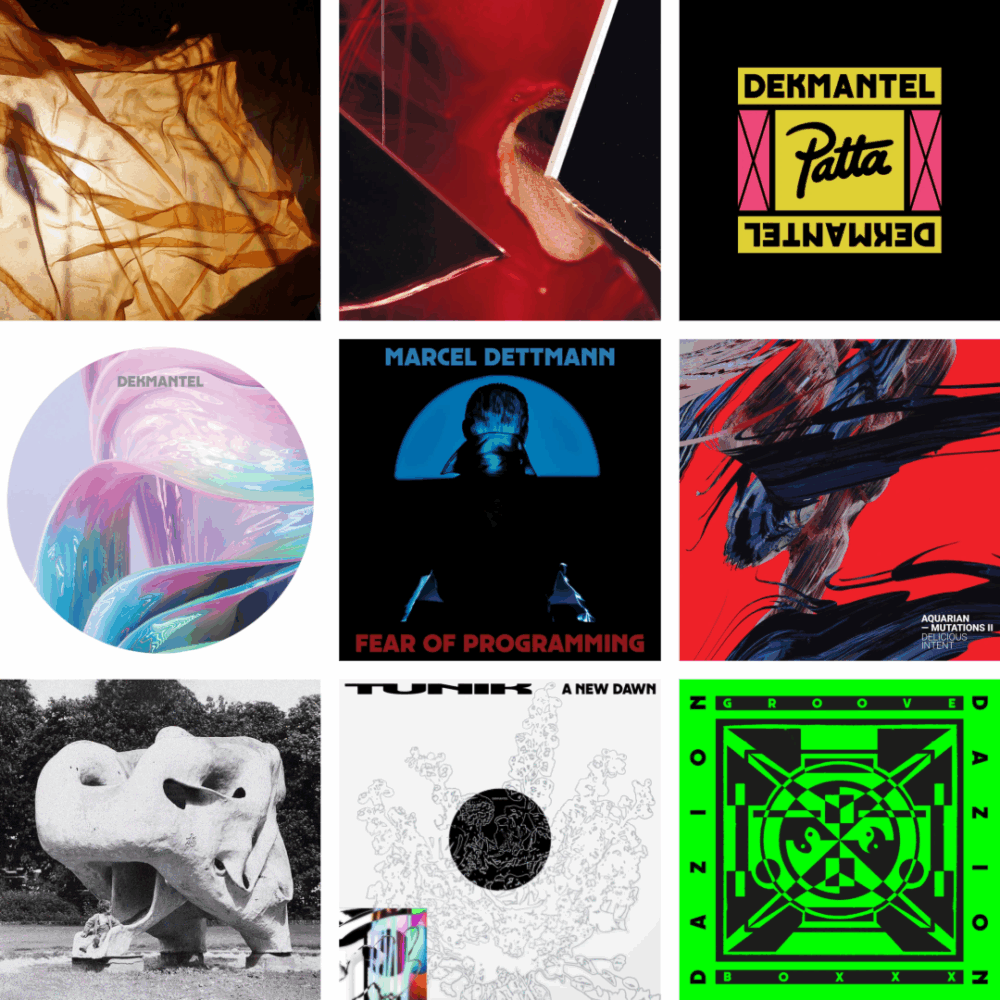
Much of the label’s current trajectory is shaped by Interstellar Funk (Olf van Elden), who took over its operations in recent years. A long-time associate of the Dekmantel universe, van Elden’s involvement feels less like a changing of the guard and more like an organic extension. His approach maintains the label’s founding philosophy while expanding its reach, ushering in new artists, facilitating special performance-based collaborations, and tying label releases into broader cultural initiatives, from live A/V shows to archival box sets.
This multidimensional thinking has become increasingly vital as the role of record labels continues to shift in the digital age. With streaming services dominating consumption habits and artists more empowered than ever to self-release, many labels have lost relevance or collapsed under their own inertia. Dekmantel, by contrast, has leaned into its cultural capital. Not as a legacy to be rested upon, but as a platform from which to evolve.
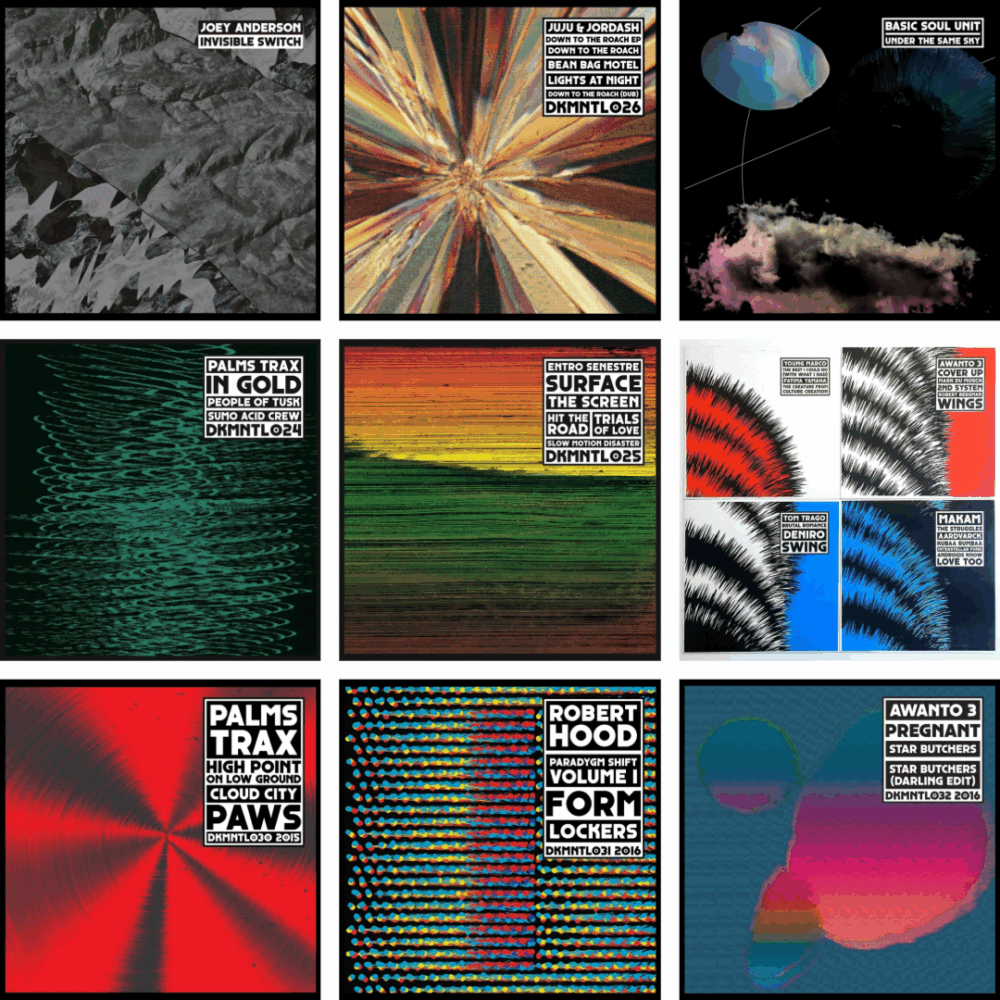
Still, it resists easy classification. It’s not purely club-focused, nor is it entirely experimental. It doesn’t pander to micro-genre trends, yet always feels in dialogue with what’s current. Perhaps that’s because Dekmantel Records has never aimed to represent a scene so much as a sensibility. It’s a label driven by curiosity, not commerce—a rare feat in an industry increasingly driven by visibility metrics and market logic.
Today, as Dekmantel Festival celebrates over a decade of existence, the label continues to quietly build an archive that charts the many permutations of electronic music’s future-present. Each release serves not as a snapshot, but as a gesture toward community, toward history, and most crucially, toward the unknown.
Follow Dekmantel Records: Website I Spotify | Instagram | Soundcloud | Facebook


